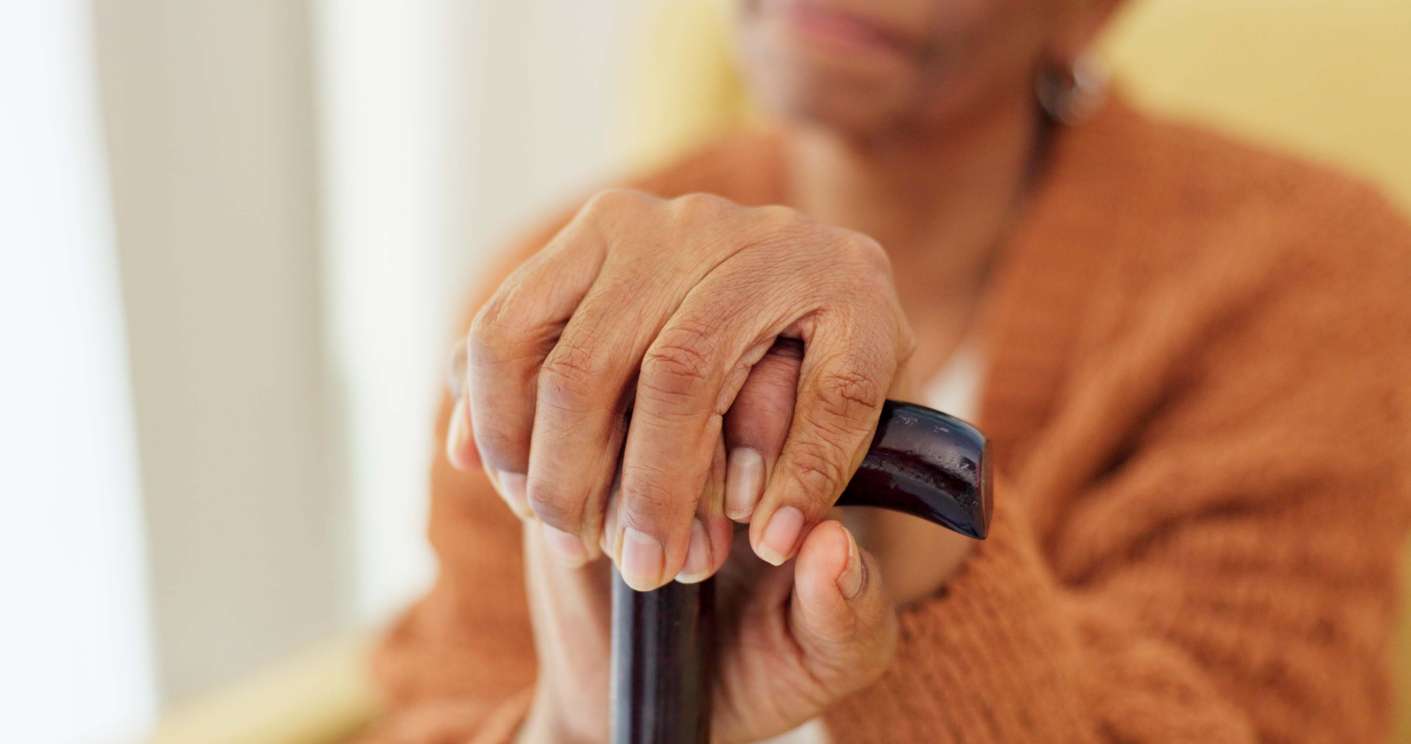The Department of Justice (DOJ) has released its annual report to Congress on efforts to combat elder fraud, abuse, and neglect. The report details over 300 enforcement actions against more than 700 defendants accused of targeting older adults. The department recovered nearly $700 million, disrupted major transnational schemes, and prosecuted cases involving substandard care at nursing homes and serious rights violations in veterans’ facilities.
One high-profile case included the convictions of two Pittsburgh-area nursing homes, Brighton Rehabilitation and Wellness Center and Mount Lebanon Rehabilitation and Wellness Center. A federal jury found both facilities guilty of falsifying records submitted to the Pennsylvania Department of Health and the Centers for Medicare and Medicaid Services (CMS) to avoid penalties for inadequate care. Evidence presented at trial revealed that both facilities manipulated staffing records to appear compliant with Medicare and Medicaid standards. Sentencing is scheduled for December following a comprehensive investigation by the FBI, Health and Human Services, IRS, and the Pennsylvania Attorney General’s Office.
In its report, the DOJ noted an investigation into New Jersey Veterans Memorial Homes at Menlo Park and Paramus found conditions that violated residents’ constitutional rights under the 14th Amendment. According to DOJ findings, inadequate infection control and medical care at these facilities exposed veterans to life-threatening conditions. The report noted that poor management compounded these deficiencies, contributing to high death rates among residents.

The DOJ’s report highlighted a broad initiative against elder fraud schemes affecting over 225,000 seniors. Fraud cases ranged from romance scams to government impersonation schemes, with DOJ efforts stopping $27 million in fraudulent transfers before they reached perpetrators. With assistance from financial institutions, the DOJ returned millions of dollars to victims and provided resources through its National Elder Fraud Hotline, which handled more than 50,000 calls from older adults seeking support and guidance.
Beyond prosecution, the DOJ emphasized prevention and awareness, hosting nearly 1,000 elder justice events, including the first Elder Justice Law Enforcement Summit. The summit gathered law enforcement from all 50 states to share best practices in addressing elder abuse and fraud. Public campaigns also raised awareness of common scams, providing seniors with valuable tools to protect themselves from fraud.
“By working together with federal, Tribal, state, and local law enforcement, we can make meaningful progress toward curbing and preventing elder abuse,” Attorney General Merrick Garland stated. “Because millions of older Americans suffer some form of elder mistreatment each year—and because many more abuses go unreported or unseen—everyone has a role to play in this work.”
The report additionally covered DOJ’s enforcement of the Americans with Disabilities Act (ADA). Four Texas counties agreed to improve the accessibility of their election websites, addressing barriers faced by older adults with disabilities. Officials said the commitment to accessibility was part of the DOJ’s broader mission to ensure that elderly Americans can fully participate in their communities.
“The Office for Victims of Crime recently funded the first National Center for State and Tribal Elder Justice Coalitions, promoting statewide coordination to address and prevent elder abuse more effectively,” Principal Deputy Associate Attorney General Benjamin Mizer remarked.
Deputy Attorney General Lisa Monaco added, “Given the financial, emotional, and physical toll suffered by older victims regardless of how they are victimized, the Department aggressively pursues all forms of fraud and abuse wherever they may arise.”
By: Stacy M. Brown, NNPA Newswire Senior National Correspondent








